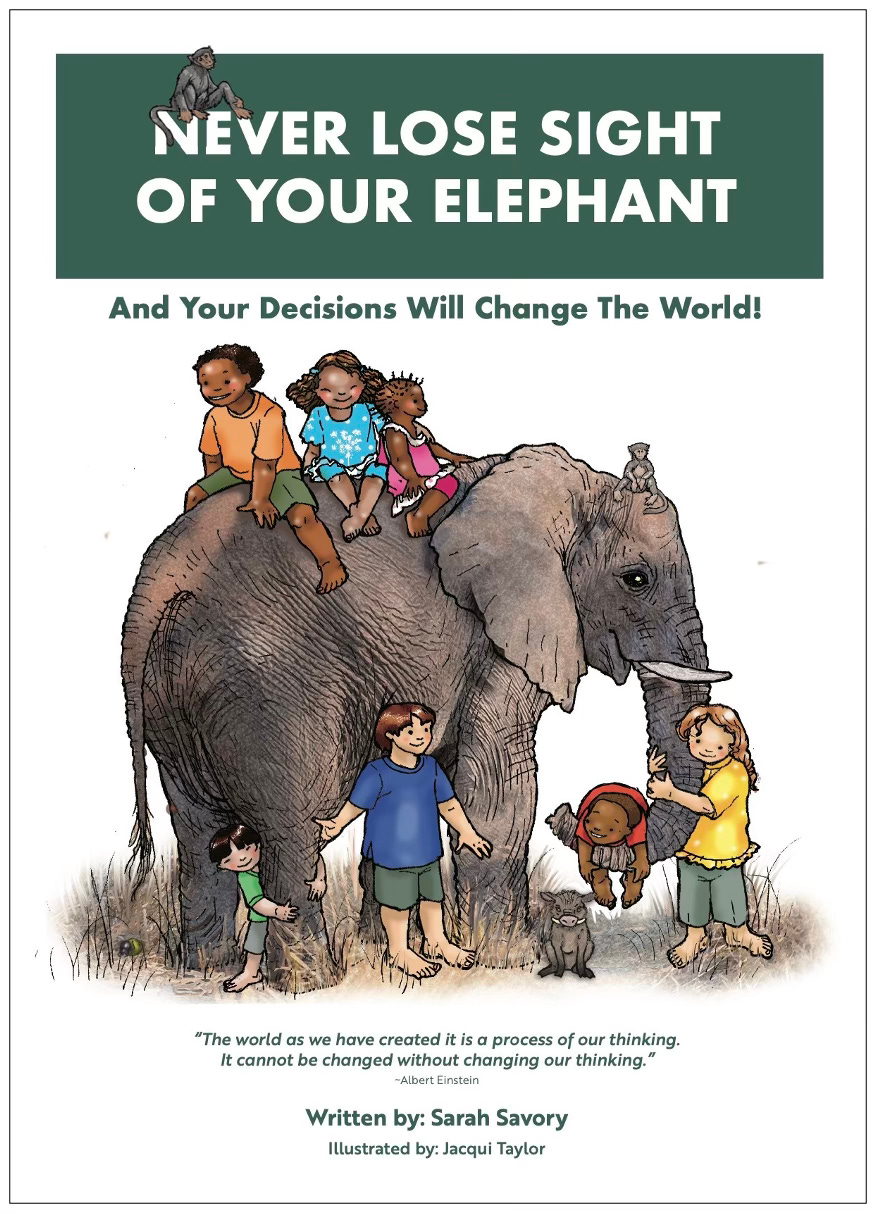
Originally posted here.
Sarah Savory
Between Thought and Action: The Power Lies in Our Decisions
Humans, along with all other tool-using animals, share an inherited decision-making process that predisposes us to decide our actions in a simple context.

However, unlike other tool-using species, humans developed advanced tools, which resulted in us adding complex economic and environmental factors to the once only simple, social considerations of our actions – the considerations, or context, of our decisions had become complex.

While we all have the ability to think holistically, this inherited process is the reason we have been unable to ensure our actions match our thoughts.
People have long understood our complex connections to nature, often applying a holistic approach, or using whole-systems thinking, or the triple bottom line, etc, and sometimes we will develop a vision or values statement for our businesses, communities, or projects.
While people will often approach an action, practice or policy thinking about the full complexity, between thought and action there must be a decision – and that is where the cause of our complex problems lies – when it comes to deciding our actions, all of us automatically reduce the action down into the ‘simpler’ context of whatever social, economic or environmental need, desire or problem we are wanting to address.
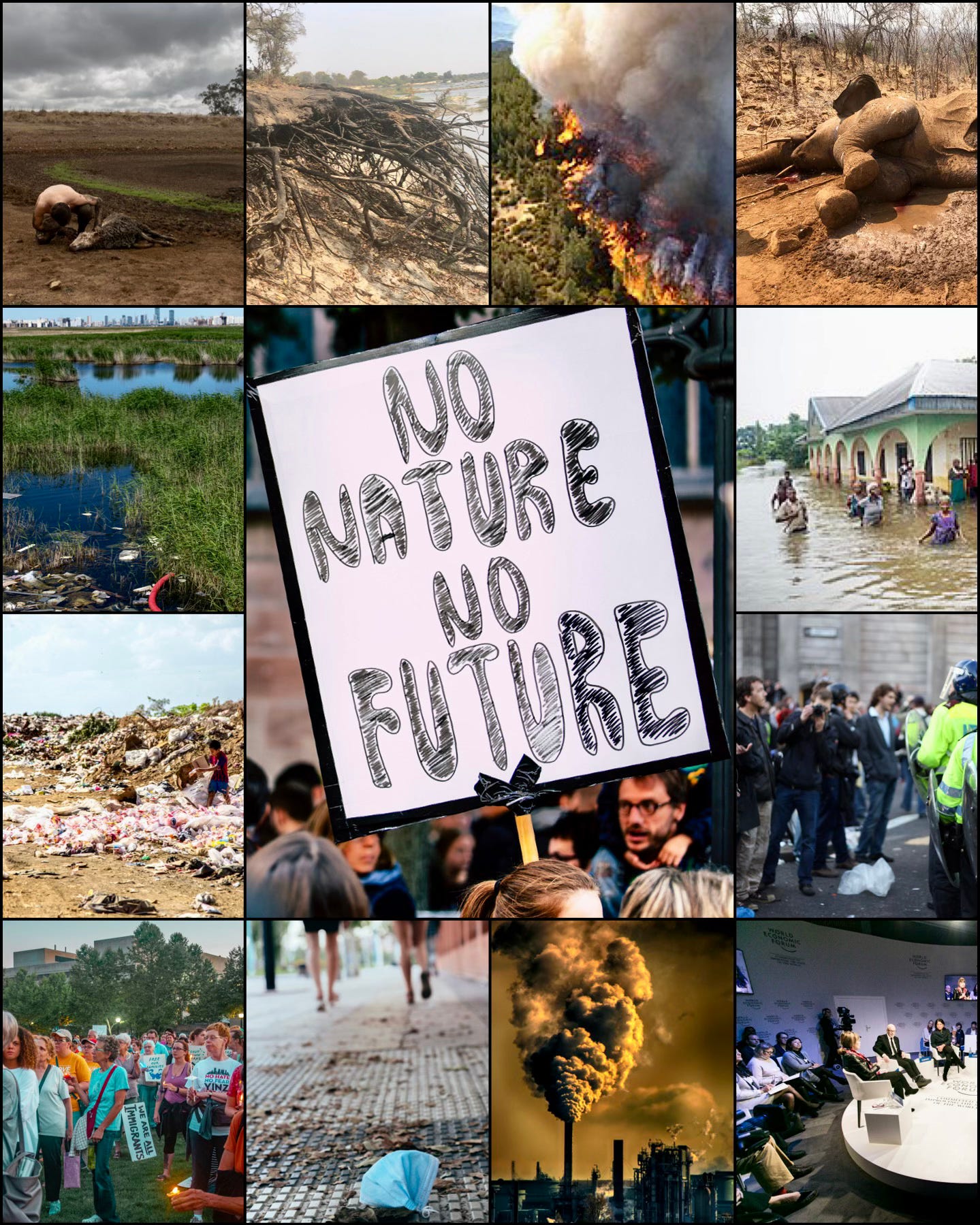
This inherited habit confines us to linear, or reductionist, decisions – which means that, whether we are buying a loaf of bread, or deciding on a policy action for an entire country, we are always deciding our actions in the incomplete context of either the social, economic or environmental need, desire or problem we have, without being able to see or consider the full, complex considerations of the action.
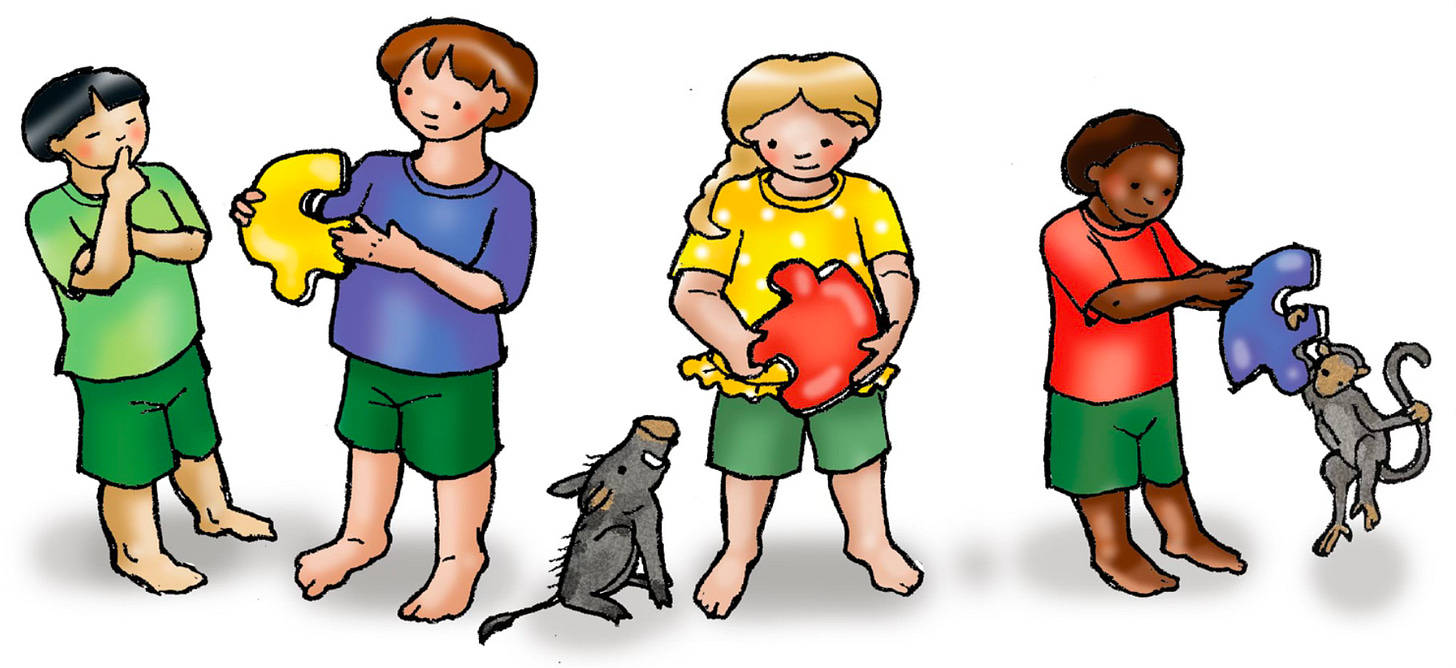
Doing this has resulted in continuously meeting short-term objectives at huge long-term expense – because each incomplete, or reductionist, decision causes an inevitable, but invisible, ripple effect across all the inseparable, complex connections.

The Solution to Our Global Issues Lies in the Context Guiding our Actions:
The context of the decision is crucial when we are considering any action because it is the reason that guides and determines what action we take.
So, instead of dividing our decisions into simple contexts, we must learn to develop and use one, broad, complete context to guide our actions – and the more information guiding the action, the easier it becomes to check the potential short and long-term outcomes – and prevent ourselves from meeting short-term objectives at long-term expense.
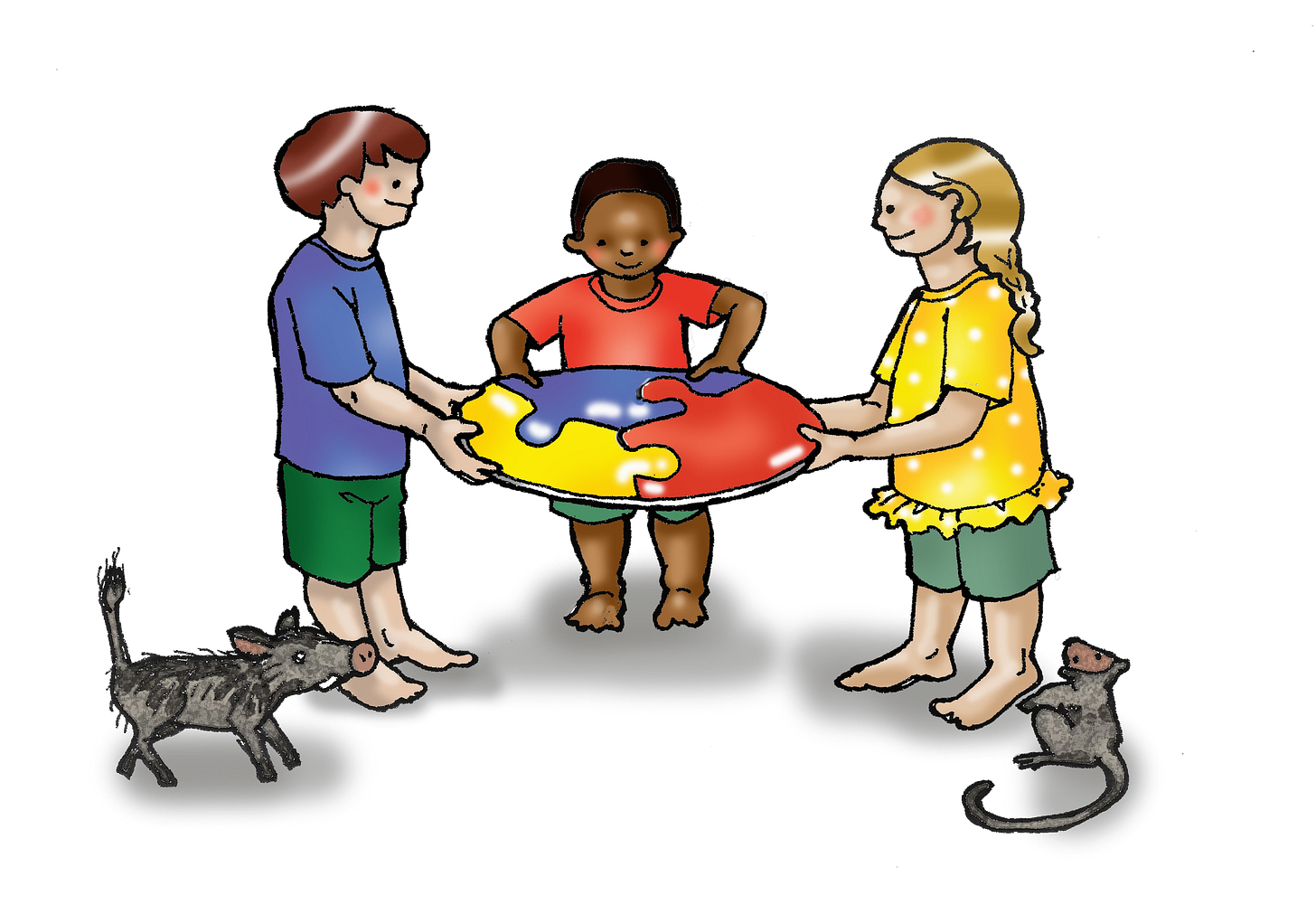
A broader context (which reflects the fact that our social and economic stability are connected to environmental health) is essential to successful decision-making.
While ‘holistic’ or whole-systems approaches remain theoretical, The Holistic Management Framework distinguishes itself by providing a new process (based on Jan Smut’s theory of Holism) which involves the practical application of a broad, complete context to proactively guide each action – consequences can only occur from what we do, not from our approaches, plans or thoughts.
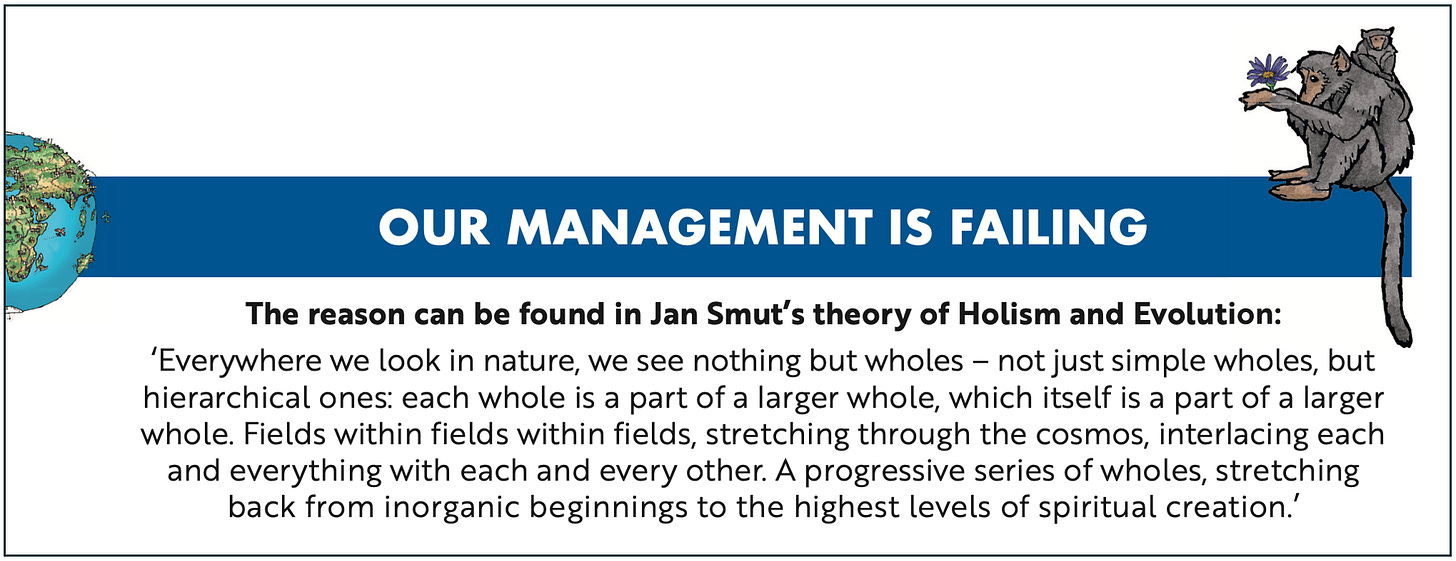
Unlike a general vision or value statement, a Holistic Context ensures each action is adapted to the unique, and complex circumstances it will impact – always dynamically assessing the potential consequences.
By adopting this framework, there is a complete paradigm-shift in our management and the consequences of our actions – we can shift humanity from reactive decision-making in the linear context of our needs, desires or problems, to proactive decision-making addressing our needs, desires and problems in a Holistic Context – applying a consistently dynamic process that is adaptable and responsive to the ever-changing and unique complexities of our real-life situations.
Summary
While a vision statement/holistic approach can provide direction, it still leads to linear decision-making, but using a Holistic Context is a profound shift and comprehensive guide for continuous navigation, ensuring that decisions are guided by an awareness of, and respect for the full, complex web of factors involved in each action – using this process guarantees a consistent increase in social, economic and environmental stability.
~ Sarah Savory
Images and information taken from my new, educational workbook – Never Lose Sight of Your Elephant – And Your Decisions Will Change the World!
If you are in the US and would like a copy of the workbook here is the link…and if you are in Europe or the UK you can go here and if you are in Zimbabwe you can get copies from me!
